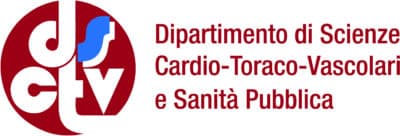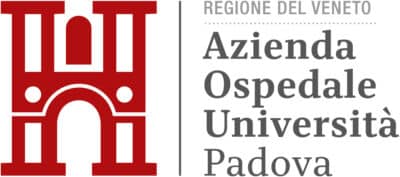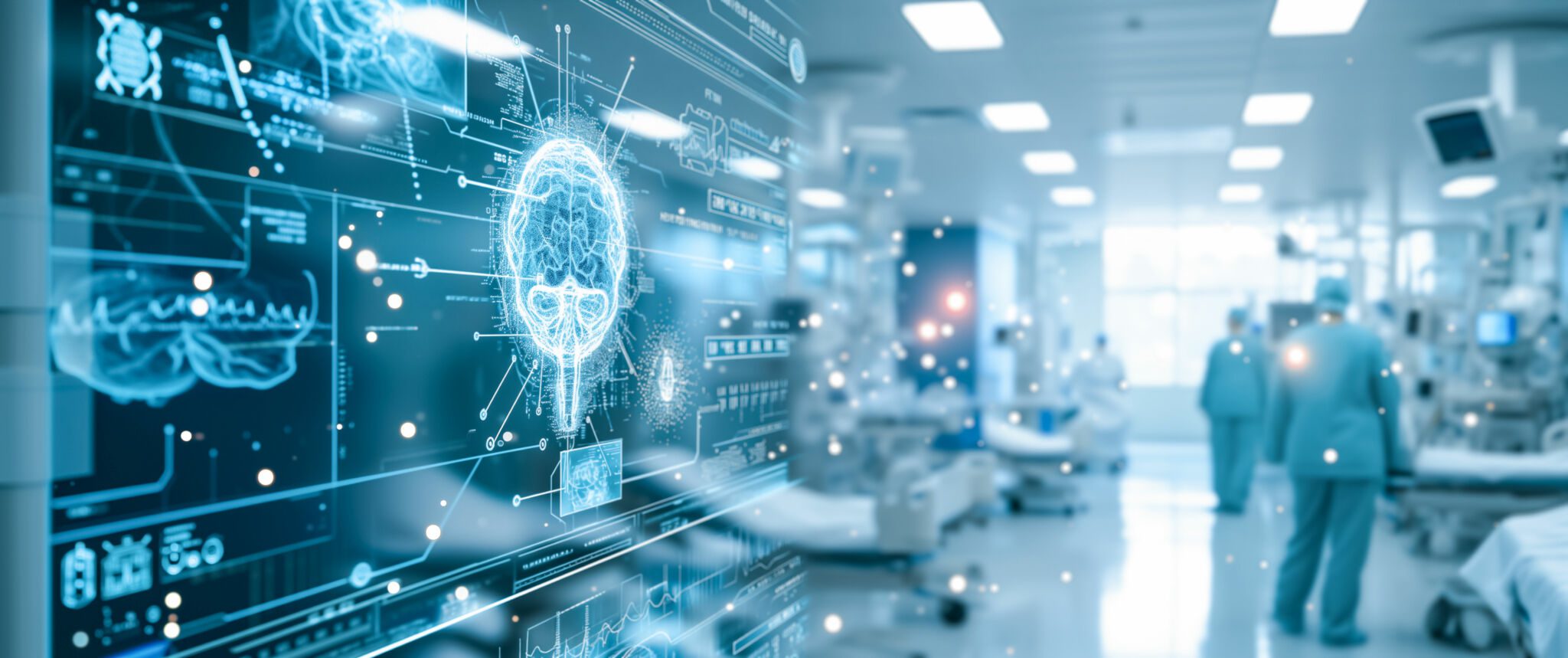

The Master in Medical Devices and Innovation: Health Technology Assessment Instruments, Models and Context in Public Healthcare, provides a broad vision of the context and stakeholders involved in the device life cycle and use, and it provides training on how to identify valuable technologies for the healthcare system. The professors are active professionals in the medical field. By analysing the interactions between different European regulators, NHS governance models, and regional processes, attendees will learn how to analyse the different HTA dimensions in an agile and thorough manner. These classic topics, linked to legal and ethical aspects, are indispensable to tackle the challenges and opportunities offered by AI, digital therapeutics and orphan devices-driven innovation, and managing their rapid technological development requires qualified personnel.
The Master in Medical Devices and Innovation: Health Technology Assessment Instruments, Models and Context in Public Healthcare provides training on HTA governing processes, in Italy and between the different regions. The device research, production, assessment (CE) and marketing context, as seen from different stakeholders, introduces regional expenditure and provisioning logics. The tools needed to analyse the medical devices statistical and financial aspects in an HTA context will be broadly covered in the relevant modules. To this end, the professors of the University of Padua will be supported by the professors of the Management Department of the University of Verona. Innovation, orphan devices, cybersecurity and AI are contexts requiring a particular vision of HTS assessments, as they are constantly and rapidly evolving. The Master does not forget the ethical aspects concerning the use of innovation, the type of clinical trials to be carried out, and the role of patients and patients associations. A legal context is also required, given the size and complexity of GDPR, MDR, AI-Act, NIS2, and HTAR standards.
The course alternates lectures, workshops and practice sessions.
The Master in Medical Devices and Innovation: Health Technology Assessment Instruments, Models and Context in Public Healthcare embraces a large audience of professionals, working in several health sectors. From employees in public/private facilities carrying out HTA assessments on medical devices, to professionals in hospitals involved in medical devices decision-making or performance assessment processes and/or organizing the related processes. And, regarding the expenditure and programming context, also policy makers or device management and HTA regional managers/coordinators; private companies that need to be familiar with the public HTA usage context to draw up insights/cards/reports and files on devices; professionals involved in decision-making company processes: marketing, sale, tenders. Those are also the potential career context, after completing the Master.
The Master in Medical Devices and Innovation: Health Technology Assessment Instruments, Models and Context in Public Healthcare provides specific training on the following topics:
Module 1 – HEALTH TECHNOLOGY ASSESSMENT, SIZE, LEVELS AND MODELS: EUROPE, ITALY, REGIONS, HOSPITALS AND STAKEHOLDERS.
The module introduces basic HTA concepts in European (core model EUnetHTA), national (national program), regional and hospital contexts. It also covers the assessments (clinical and non-clinical domains); technological innovation as seen from surgeons and medical evaluations; evidence generation in device life cycles, and HTA/MDR regulatory contexts; the point of view of notified subjects and the industry (DM Confindustria); and health programming.
Module 2 – STATISTICAL METHODS AND FINANCIAL ASSESSMENTS FOR DECISION-MAKING PROCESSES IN THE HEALTH SECTOR.
This module covers: scientific literature, bibliographic databases and HTA data source research; type of study, sizing and data analysis: RWE, meta-analysis, systemic revision and evidence summary. The role of HTA to support managerial decisions and the contribution of healthcare managers in introducing technological innovation. How to read financial assessments in a decision-making perspective. Types of financial assessments (cost-effectiveness, cost-benefit…) and budget impact analysis. The measurement of clinical effectiveness: presentation of the main scales. Estimation of cost and prospective differences (NHS-Region vs healthcare company), Healthcare cost measurement: analytical accounting and activity base costing. Value-based healthcare and time-driven activity-based costing. Cost-analysis in a clinical trial, robotic surgery. Financial assessments in a decision-making perspective.
Module 3 – HEALTHCARE POLICY, HEALTH SYSTEMS, ARTIFICIAL INTELLIGENCE, CYBERSECURITY, SOFTWARE, ORPHAN MEDICAL DEVICES, BIOETHICS, SOCIAL ASPECTS, AND LEGAL CONSEQUENCES.
This module covers: software as medical devices, telemedicine and digital treatments. AI in the health sector: validation and evolutionary monitoring. Cybersecurity: security, performance and privacy. Orphan medical devices and paediatric patient care. Ethical aspects in technological innovation, artificial intelligence and HTA. PREMS and PROMs care quality measures. The role of patients associations. Legal aspects and HTA.
Despite its technical imprint, the Master is based in a clinical Cardiosurgery Department, where technological innovation is indispensable to overcome the boundaries of medical care. Being familiar with the context where devices are used and the standpoint of “stakeholders” is crucial to tackle the different context of HTA application (after acquiring the relevant statistical and financial analysis instruments). Given the involvement of the representatives of a certified body, Confindustria Dispositivi Medici, and several regional governance figures (programming, financing, devices impact on expenditure), combined with regional policies and European regulation, the Master provides a clear framework of the complex context characterizing medical devices in the public healthcare sector. Statistics and economy professors, and representatives from many clinical trial and medical device assessments, provide the most suited tools and models to conduct effective analyses.
The general ranking of merit for the academic year 2025/26 will be published on the Italian page of this Master according to the timing provided in the Call.
Information
FAQ
Attendance of at least 70% is mandatory.
The course includes 260 hours in total (60 of which held by experts in the form of seminars), plus 30 hours of workshops and 30 hours of practice.
Workshop and practice sessions will be focused on learning statistical and financial methods useful to carry out insights on medical devices.
The project work will be agreed with the Master’s professors at the end of the course.
Remote learning will be possible, through live online sessions on Zoom, which will be made available also on the Master’s Moodle page. All the material will be available online, including the lessons recordings.
The final test will consist in a project work, where every attendant will develop a topic related to one of the modules covered in the Master, making it more akin to their specialization and work field.
No. However, at the end of each module, attendees will take a self-assessment test, with no actual effect on the Master’s final grade, useful to check whether the topics covered in the module have been acquired. The self-assessment test may be taken more than once.

